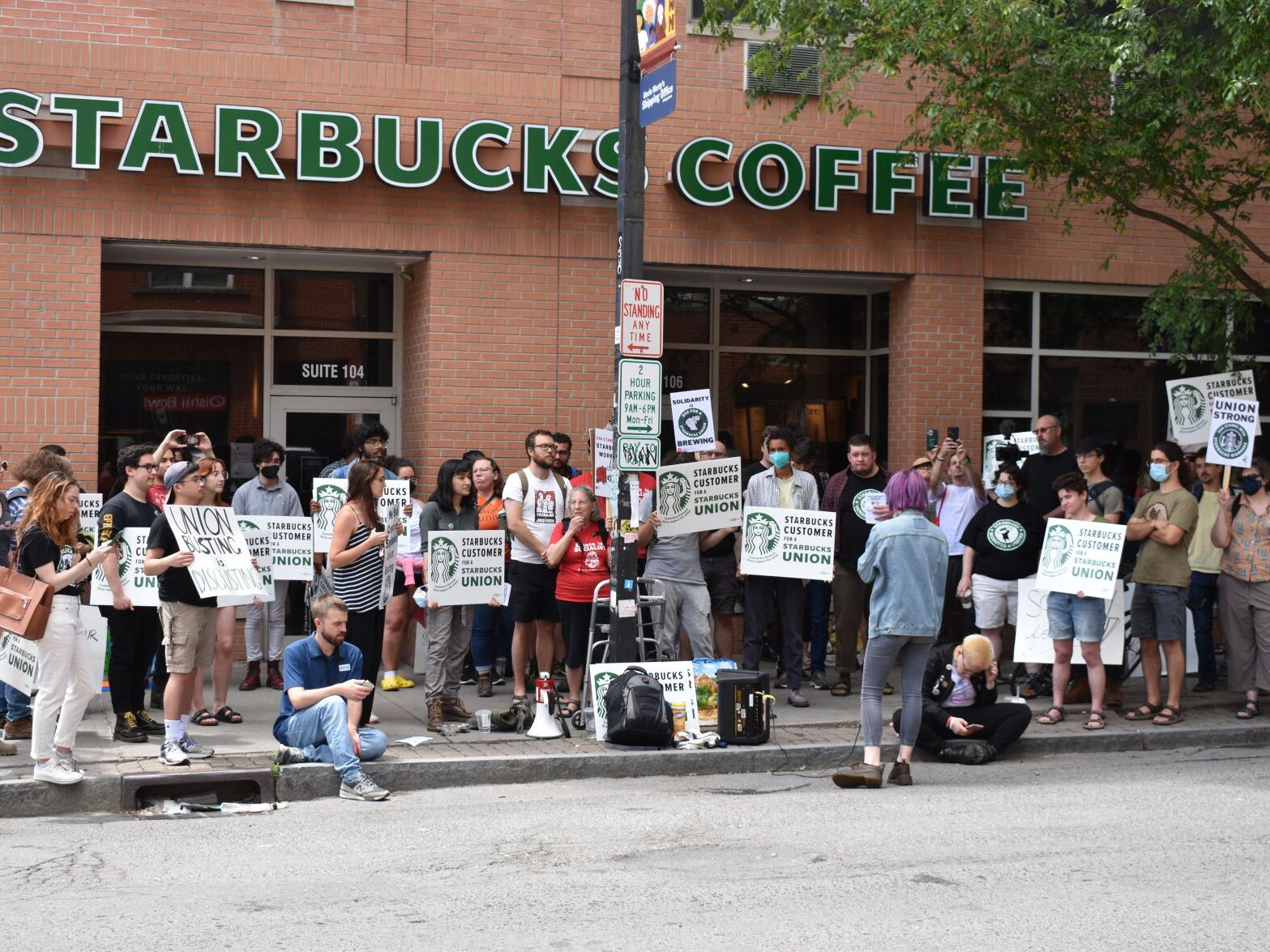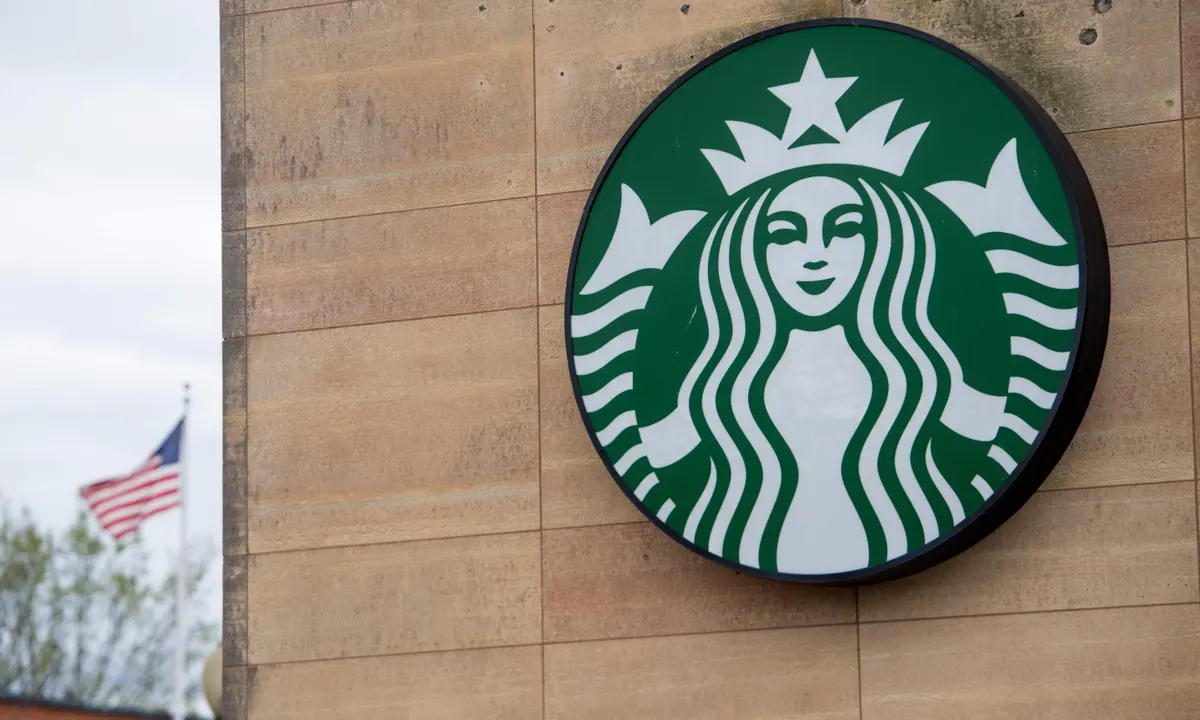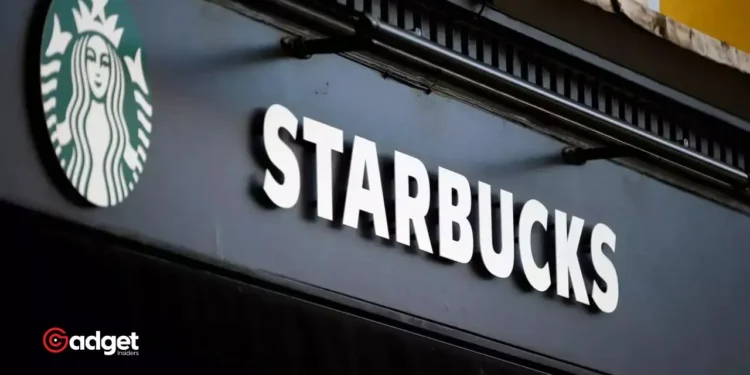In a move that has stirred considerable public debate, Florida’s Attorney General Ashley Moody has initiated a call for a state-level investigation into Starbucks’ diversity, equity, and inclusion (DEI) policies.
The action, which aligns closely with the state’s current political rhetoric, raises questions about the balance between affirmative action and alleged discrimination. This scrutiny comes at a time when corporate America’s DEI efforts are increasingly under the microscope, setting a significant precedent in the ongoing discussion about racial equality and corporate responsibility.

Legal Grounds and Political Undertones
During a guest-host appearance on Sean Hannity’s conservative radio show, Governor Ron DeSantis, alongside AG Moody, declared their intent to investigate whether Starbucks’ employment practices contravene Florida’s anti-discrimination laws. This announcement has not only fueled a legal debate but also spotlighted the political implications of such actions.
AG Moody articulated concerns about potential racial quotas, suggesting that Starbucks might be enforcing hiring practices that inadvertently cause discrimination. “We’re going to make sure that in Florida this quota for hiring and programs that cause every employee to determine whether they are the problem based on the color of their skin, whether that violates Florida’s anti-discrimination laws,” Moody stated emphatically.

Starbucks’ Stance and Societal Impact
Starbucks has publicly committed to enhancing diversity within its workforce, explicitly aiming to boost representation from Black, Indigenous, and People of Color (BIPOC) communities. This policy, while celebrated by many as a step towards inclusivity, has drawn scrutiny from critics who argue it might cross legal boundaries concerning employment discrimination.
The controversy highlights a broader societal challenge: how to implement effective and fair DEI initiatives without infringing on laws designed to prevent discrimination. It’s a delicate balance between rectifying historical injustices and ensuring that new policies do not perpetuate further divisions.

Judicial Perspectives and Future Implications
This isn’t the first time Florida’s legislative actions have clashed with diversity policies. A federal appeals court recently ruled a key provision of Florida’s “Stop WOKE Act”—which limited businesses from conducting certain types of diversity training—as unconstitutional. This decision underscores the complex legal landscape surrounding DEI initiatives and the fine line between encouraging diversity and enforcing it.
As Moody’s office emphasized, “Using racial quotas in hiring is an illegal employment practice. The Florida Commission on Human Relations is the agency authorized by law to conduct investigations on these matters.”

Florida’s Starbucks Diversity Probe: A National Debate
As the Florida Commission on Human Relations takes up the investigation, the outcome could have far-reaching consequences for how companies across the nation implement their diversity strategies. It raises essential questions about the nature of discrimination and the role of government in regulating corporate policies on equality and inclusion.
Governor DeSantis’s statement that “people should not be judged on the color of their skin or their ethnicity or anything like that” resonates with a foundational principle of American society. Yet, the path to achieving this ideal remains contentious and fraught with legal, ethical, and social challenges.
In conclusion, this probe into Starbucks‘ diversity policies by Florida’s highest legal authorities isn’t just about a single company’s practices but is a microcosm of a national debate on race, equality, and the role of the state in shaping a fair job market. As this investigation unfolds, it will undoubtedly add a significant chapter to the ongoing narrative of America’s struggle with diversity and discrimination in the 21st century.










